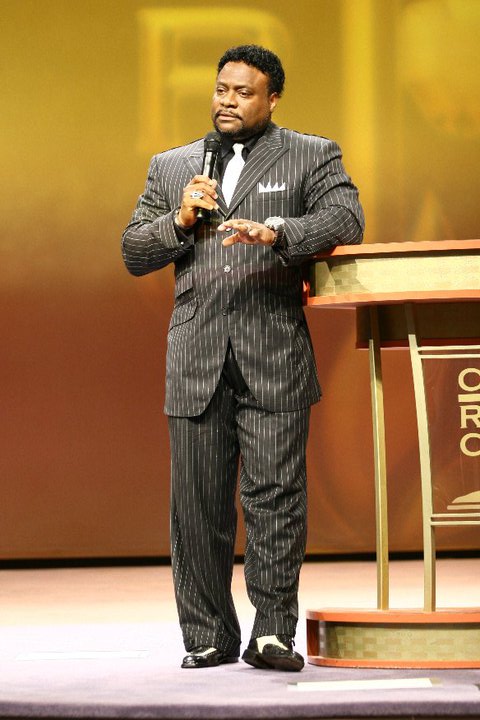The Bishop Eddie Long scandal looms large in the annals of contemporary religious controversies, encapsulating a multifaceted narrative that intertwines themes of power, sexual misconduct, and community response. Long, once the dynamic leader of the New Birth Missionary Baptist Church in Lithonia, Georgia, garnered significant media attention due to the shocking allegations of abuse that surfaced in 2010. These allegations unraveled a story punctuated by the juxtaposition of spiritual authority and moral failing.
At the heart of this scandal were multiple claims made by young men, who alleged that Long had engaged in coercive sexual relationships with them while they were minors. The nature of these accusations was distressing; they involved intricate patterns of manipulation that leveraged the church’s influence. The plaintiffs articulated a systematic betrayal of trust, asserting that Long’s charismatic aura masked predatory behaviors. As details emerged, they painted a harrowing portrait of exploitation cloaked in religious devotion.
The ramifications of the scandal extended beyond the immediate allegations. Long’s congregation faced an existential crisis, grappling with feelings of betrayal and confusion. A once-steadfast community found itself reconsidering the tenets of faith that had anchored their lives. As the case gained traction, public opinion oscillated between fervent support for Long and incredulity at the accusations. This dichotomy illustrated a broader societal struggle with the intertwining of faith and accountability.
Furthermore, the legal proceedings that followed added another layer of complexity to the narrative. Long faced a series of lawsuits, which culminated in a settlement that did not involve any admission of guilt. This outcome left many questions unanswered and perpetuated the discourse surrounding the cultural dynamics of faith leaders and their congregations. It also ignited discussions about the systemic issues prevalent within religious institutions, including the reluctance to confront uncomfortable truths about prominent figures.
In the wake of the scandal, several key themes emerged within the discourse. Firstly, the tension between faith and doubt became a pivotal topic. Many congregants struggled to reconcile their beliefs with the actions of their leader. Moreover, the implications of the scandal extended into discussions about the vulnerability of youth within faith communities, sparking a movement advocating for protective measures and transparency. The fallout also prompted a reevaluation of church governance and the necessity for institutional reforms to ensure accountability.
Ultimately, the Bishop Eddie Long scandal serves as a poignant reminder of the potential for corruption within revered institutions. It highlights the urgency for vigilance and integrity among spiritual leaders. As society continues to grapple with these revelations, the overarching question lingers: how can faith communities foster environments where accountability and honesty supersede the silence that often ensnares them?
